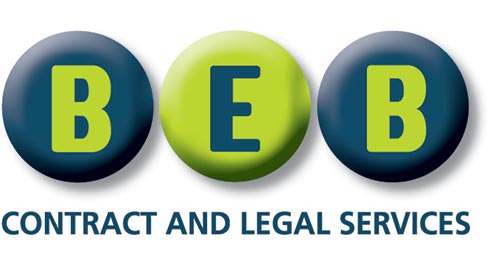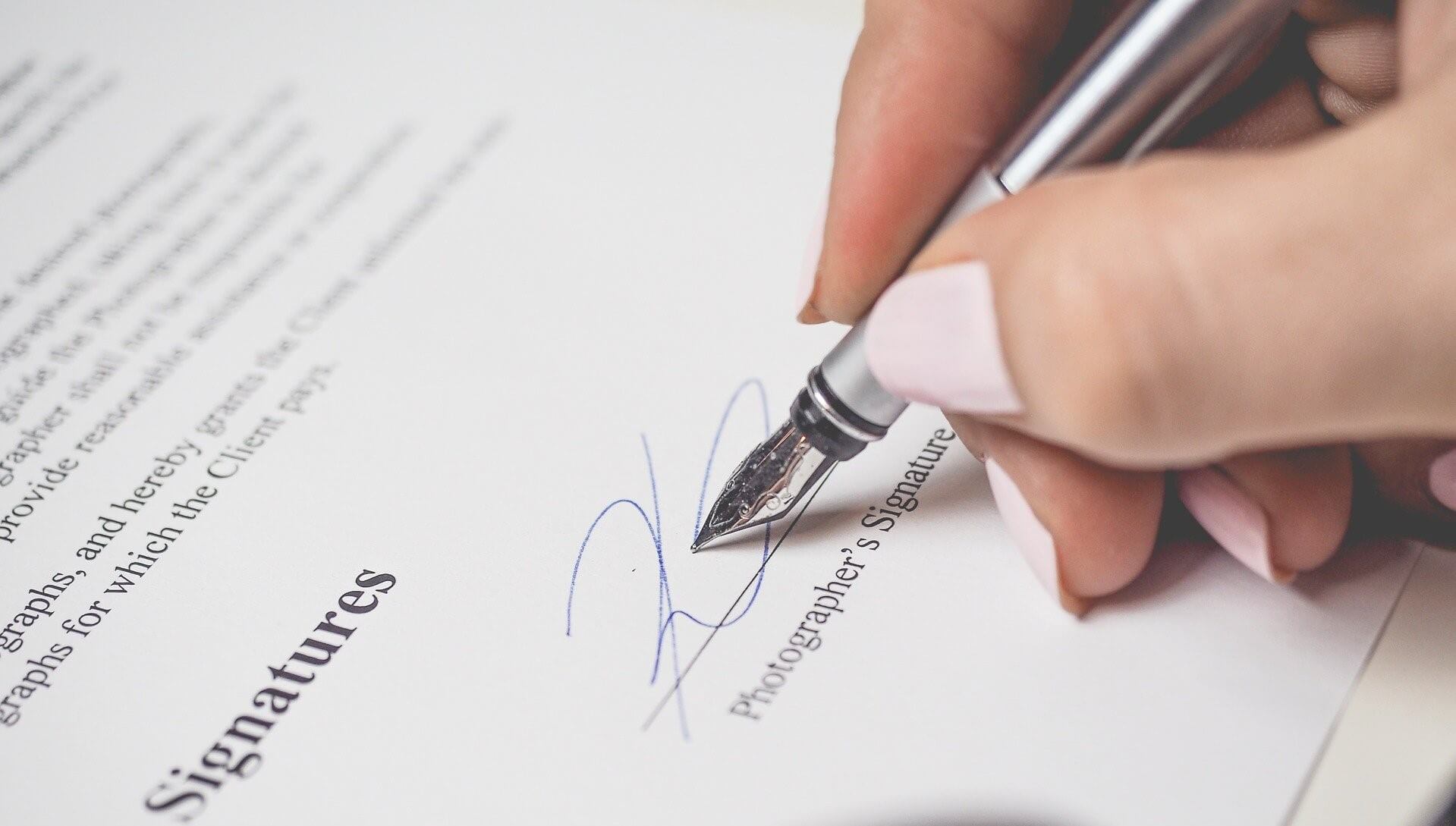In business everyone is pushing to get that sale and is willing to promise their client anything if they will be rewarded by winning that big order. Contracts are normally the last thing to be considered, you have negotiated what you want and what it’s going to cost, then you have to sign on the dotted line to make it official – but how do you do that? What contract is appropriate and does your business have one? What if the other party has sent one over, is it safe to assume it will be right for the transaction? Generally, every business should have their own contracts that may be standard terms and conditions but that protect them from each time their business makes a sale. The contracts should be bespoke to your business and how you work, mentioning every aspect of your services.
Should you sign your client’s contract or use yours?
There’s a lot of different factors to this, but in an ideal world, you should use your own. An ideal world does include you creating a bespoke contract that is up to date & matches your relationship with your client perfectly, that they are happy to sign no questions asked. How often does that really happen? Plenty of people use stolen, templated or outdated contracts rather than bespoke. Additionally, their client may not be keen to sign without amendment or even push for you to sign theirs.
What if they’re really pushing me to sign theirs & I don’t want to lose business?
First of all, don’t sign anything without thoroughly reading it, that goes for POs too. You can’t blindly agree without having any knowledge of what’s in there- could be all sorts! It may be that they want you to sign their standard terms for their clients, this makes sense if you do the same services as them however might not be appropriate if not. It might be the case that you are designing a website for a builder or doing a massage on an accountant – their terms and conditions just won’t work. In this instance it should be easy to reject their terms & issue your own which are relevant to your works.
If they have had something drafted specifically that they want you to sign you are much more likely to be on a good starting point… but you don’t know what’s in there. Although any good lawyer should write reasonably fair contracts, there is always going to be a bias towards their client’s best interests. Some people may even request their lawyers write an incredibly unfair contract designed to catch you out at every turn, so they get exactly what they want without having to pay for it.
I briefly mentioned POs earlier too – also known as purchase orders. They are often standard templates they use which have the magic words “subject to our T&C’s” hidden in tiny writing on them. This is how your client may seek to impose their terms secretly. If you are the type to just accept a PO only checking the price, I implore you to at least scan it in full to look for those words and if you do spot them then you need to only accept with the caveat that it’s back on your terms. This is often how clients end up in the first scenario with T&C’s completely unrelated to what you are doing.
I’ve read it properly & mostly it’s fine but I’m not happy about small parts.
Now comes the art of negotiation. We have had some clients come to us saying they are working with a big company and that they can’t negotiate with them – but if you don’t ask, you don’t get! You may be surprised with the outcome; we have generally found that clients respect those who have actually read the contract and are taking the business seriously.
How do I negotiate?
There’s a couple of pointers here, everyone does things slightly differently and it’s a personal art.
- Bev, our director, always likens negotiation to playing cards, you should always keep a couple you are willing to discard in exchange for better ones. That means ask for more than you really want. Be seen to be making concessions and reaching a compromise when you are really only interested in a couple of points.
- You could add comments to documents stating what you are not happy with but leave it to the other party to draft it in the first instance. In some ways this seems like the lazy option, but it allows for discussion on the points before you waste time rewriting clauses they won’t agree to. It also means the other party gets the opportunity to write the terms themselves in their own words. This makes them feel in control of drafting the contracts and hopefully will be the quickest way of agreeing those changes.
- Sometimes you may want to make changes directly as tracked changes or similar, changing it to exactly what you want. Depending on the other party’s solicitors it may be quicker than debating every change before amending and they just accept as amended. It can be cheaper for the other parties who may begrudge dragging out the process or having to make changes themselves.
- There is a final unique take on amends which is particularly helpful for long contracts or where you would have a lot of amendments and spend forever tweaking every other clause. This technique is not amending the contract itself, instead inserting certain special conditions – select clauses generally taken from your own T&C’s that you want to include in the contract. The most important thing with doing it this way is precedence or order of priority. Making sure the special conditions overrule the T&C’s or any other documents that form the contract i.e. quote or specification.
Whether you’re using your own contracts or agreeing someone else’s we are always on hand to help with any of your contractual issues. We can draft your bespoke documents and help you enforce them or can assist with the negotiations. Sometimes we read through the contracts and help simplify and point out the onerous clauses in a review report leaving you to take on the negotiations yourself. However you want to use contracts in business, we are able to hold your hand through the process or can be on hand for the odd question here and there.
If you would like to discuss your contract needs then email us at info@bebconsultancy.co.uk or call 01604 217365.

